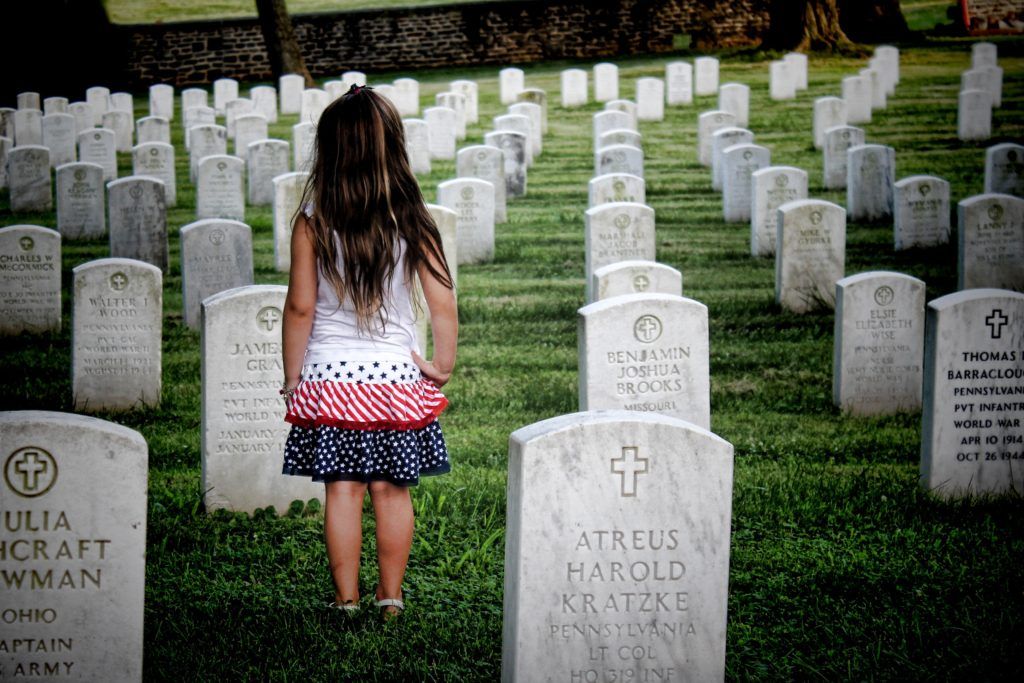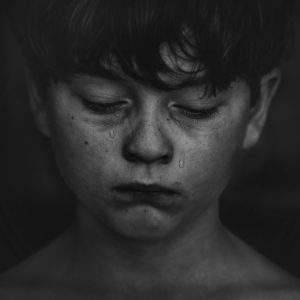

A Mother’s Loss of Her Child
Experiencing the death of a loved one is a difficult time for anyone, but going through the death of a child is something that not everyone has to manage in the course of a lifetime. It can leave bereaved parents feeling like there is a void in their lives that others may not recognize or even acknowledge. Losing children, even when the child is an adult, represents for many mothers a loss of the future. In the years to come, they often wonder what the child would be like if they were still alive. Mothers who lose a child may question their status as a parent, especially if their only child died. They may wonder if it is still appropriate to call themselves a mother, or if their position is somehow diminished when a child is no longer there to hold. These feelings are normal and common among grieving mothers. But, it is also important to remember that a mother is still a mother, even if her child has passed. Although the memories may be painful to recall, in time they will become precious expressions of love.

When Children Lose a Mother
When a child looses a mother it can be harder to adjust, young children often face unique challenges. They may struggle to understand what has happened, and what it means for the future. The loss of a primary caregiver could create significant change to a child’s routine. This may include: • who stays with them throughout the day • who is there to pick them up from school • the person they go to for comfort and support The way children express their grief could be very similar or quite different than the adults around them. It depends on their age, personality and the ways that the loss affects their daily lives. At this point in time, children often look to other adult family members for cues in how to handle their feelings. Children should be encouraged to talk about their mothers. They need space to feel sad or angry. Above all, caring adults around them must ensure that they have the daily support they need. This care will make it a little easier for them to fin
d a new normal.
Coping With a Mother’s Death as an Adult
Losing a parent at any age can be a truly crushing loss. Some people enter into it thinking that it should not affect them as much, since the loss of a mother is an experience almost everyone goes through. In truth, it may take people months
or years to process their grief, even if they have expected it for a long time. For many people, the sadness and feeling of loss lasts for the rest of their lives. Everyone feels grief differently, and no one approach is the correct one to take. The best thing that people can do when they go through the death of a mother is to give themselves time and space to feel it. Some people find that they need an opportunity to reflect, away from daily cares. Others may discover that sticking to their daily routines helps them the most. When they recognize that a variety of responses are all acceptable, they can determine a way to function during the grieving process.
Handling Mother’s Day While Grieving

Certain holidays can often bring up a lot of feelings for grieving family members, even those who have lost a mother or child many years ago. Mother’s Day could call to mind celebrations in the past, happy mother and children together for a meal, a vacation, or even a pleasant conversation over the phone. The presence of the holiday can make the grief feel as fresh as if they lost their loved one a few days ago.
It may be helpful to recognize that many expressions of grief are normal and even healthy. People don’t have to feel like they “should be over it by now.” Wanting to avoid previous Mother’s Day traditions is an acceptable approach to the holiday, especially if the loss is particularly new. Over time, people often want to revisit those traditions. It is possible to learn new ways to celebrate the holiday that allow life to go on, without forgetting the one they lost.
Ways to Memorialize the Mother/Child Relationship After Loss
Mother’s Day is all about honoring all the mothers in people’s lives, including their own mothers, grandmothers and spouses. Honoring a parent after they die on a holiday meant for their celebration can feel awkward at first, but later become its own tradition. People can take time out of the day to think about their mothers, and talk to others who remember them well. A token gift, like a new picture frame or decorations to surround a cremation urn, reminds the living that their mothers are still there in memories.
Mothers grieving the loss of a child on Mother’s Day also need support. Partners, family members and friends can remind them how loved and appreciated they are. Sharing memories of the child helps mothers to feel that loss of their children is not something they have to go through alone. The child’s life will go on in the hearts of others, never to be forgotten. Loving family members can take cues from mothers to help them celebrate the day. Some people may still desire to have a get-together as they did before. Others may simply want a card or a phone call acknowledging their loss. Holidays after losing a parent or child can be difficult. Mother’s Day for grieving mothers and children could still be a celebration, just with a different approach. By finding ways to express their love for the person who passed, they can honor the life and their memories.

Missed Beyond Measure Deluxe Grief Relief Gift Box







I'm so sorry you lost your mom so soon, it sounds like you have a wonderful plan to help memorialize her though. Being able to memorialize her in a way she would have loved is such a nice idea, and if she loved Dr. Pepper, our Soda Paper Can Cremation Urn is a great option that can be fully customized. If you need any help placing an order or if you have any questions about our other memorial products you can call 800-757-3488 and one of our memorial specialist will be happy to help.
Sincerely,
Susan Fraser
I'm so sorry for your loss, it is never easy loosing someone so close. A heart pendant would be a lovely way to remember her. Here are some Heart Pendants if you would like to take a look,
https://www.inthelighturns.com/stainless-steel-cremation-jewelry/hearts.html
https://www.inthelighturns.com/silver-cremation-jewelry/hearts.html
https://www.inthelighturns.com/gold-cremation-jewelry/hearts.html